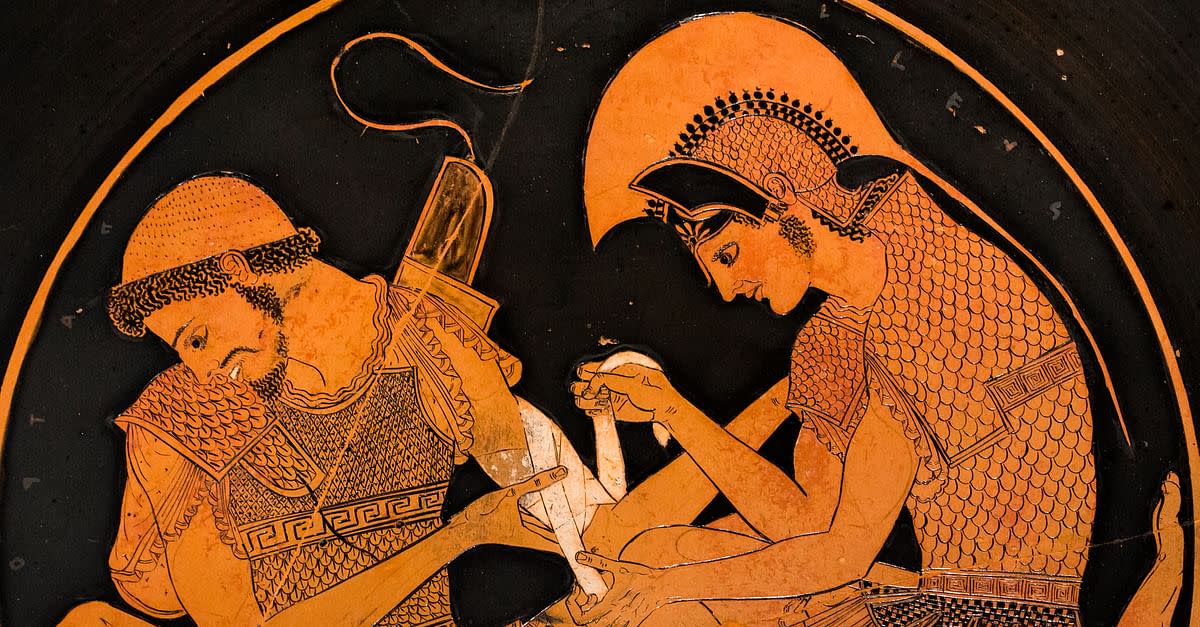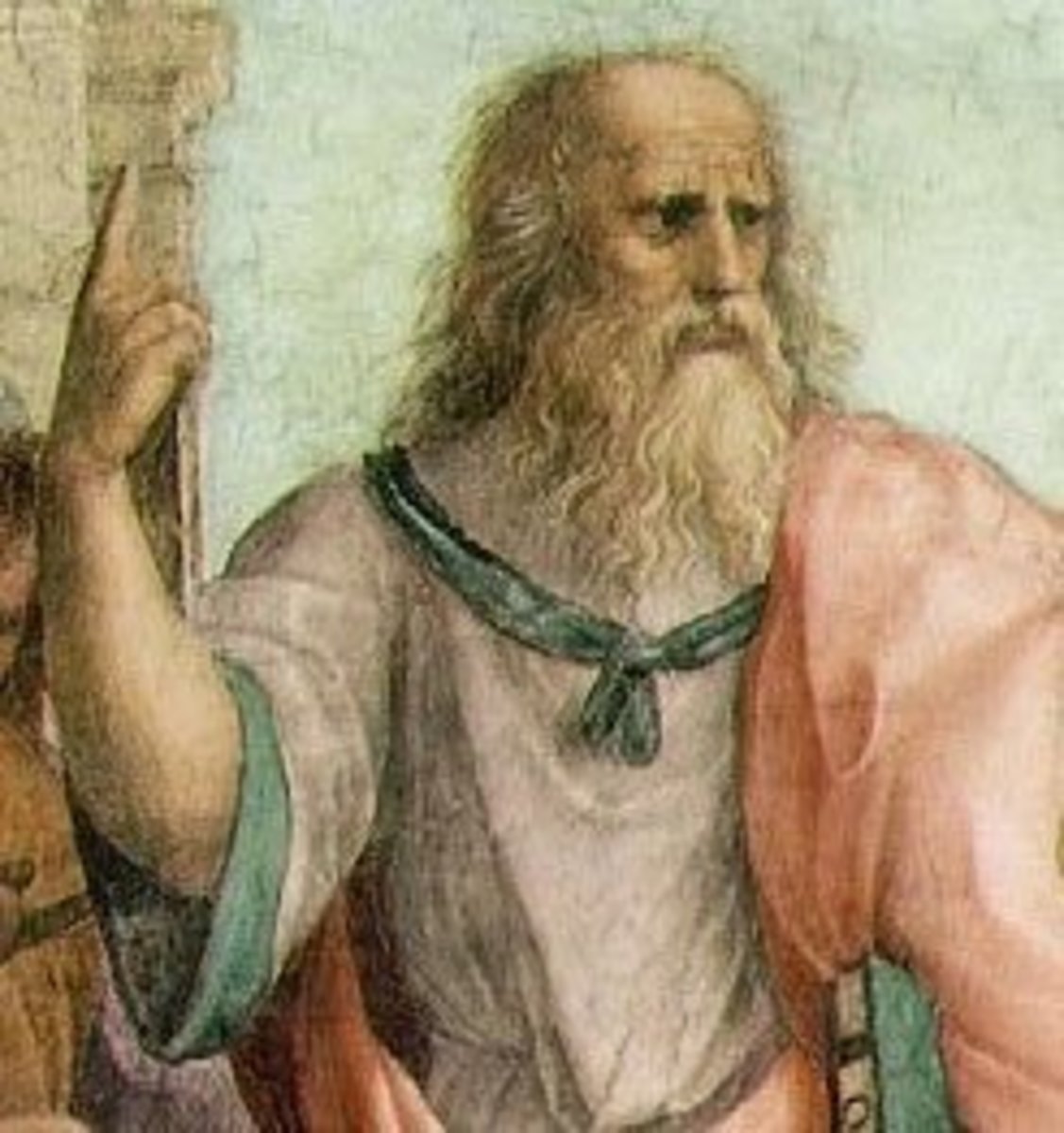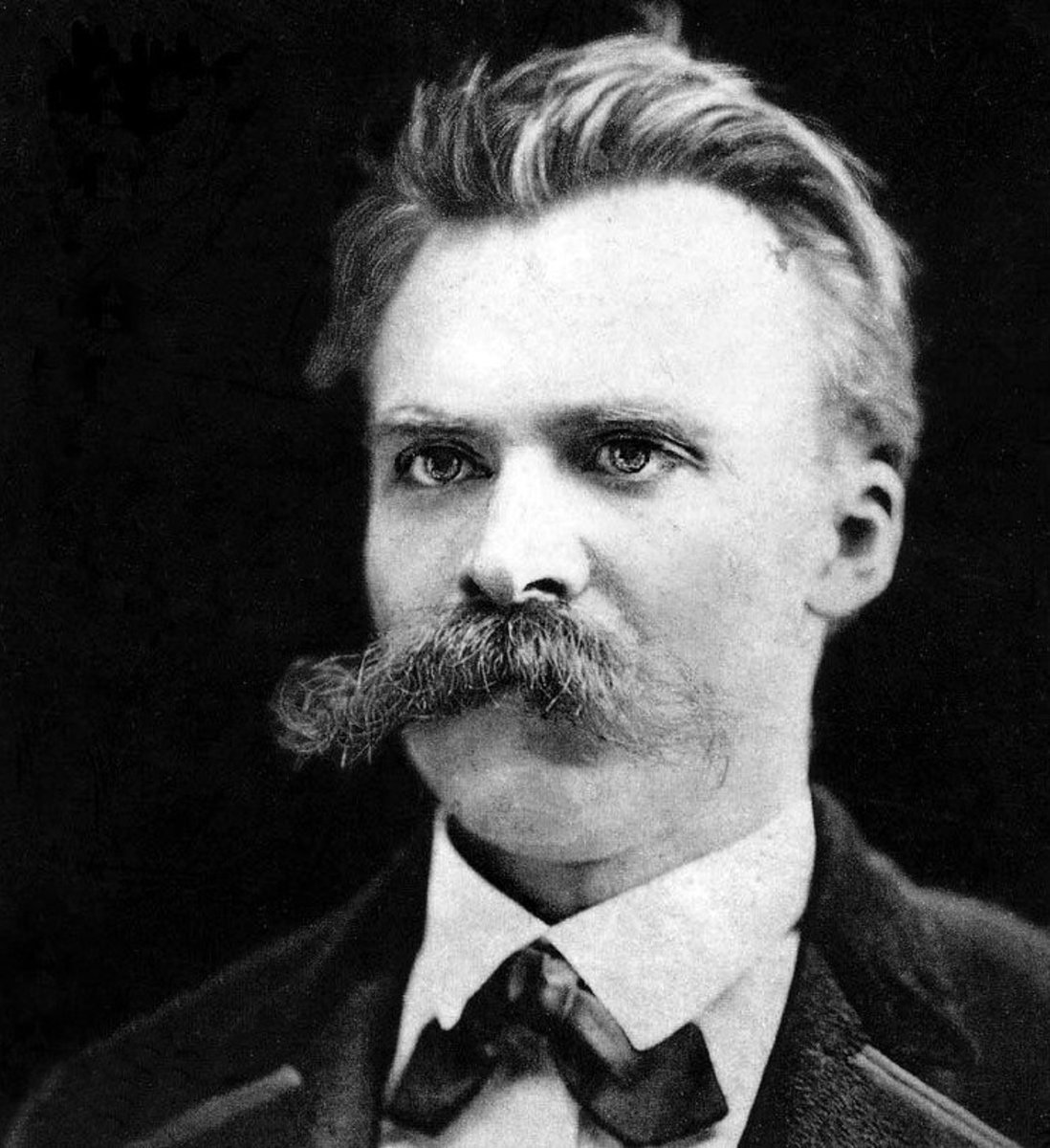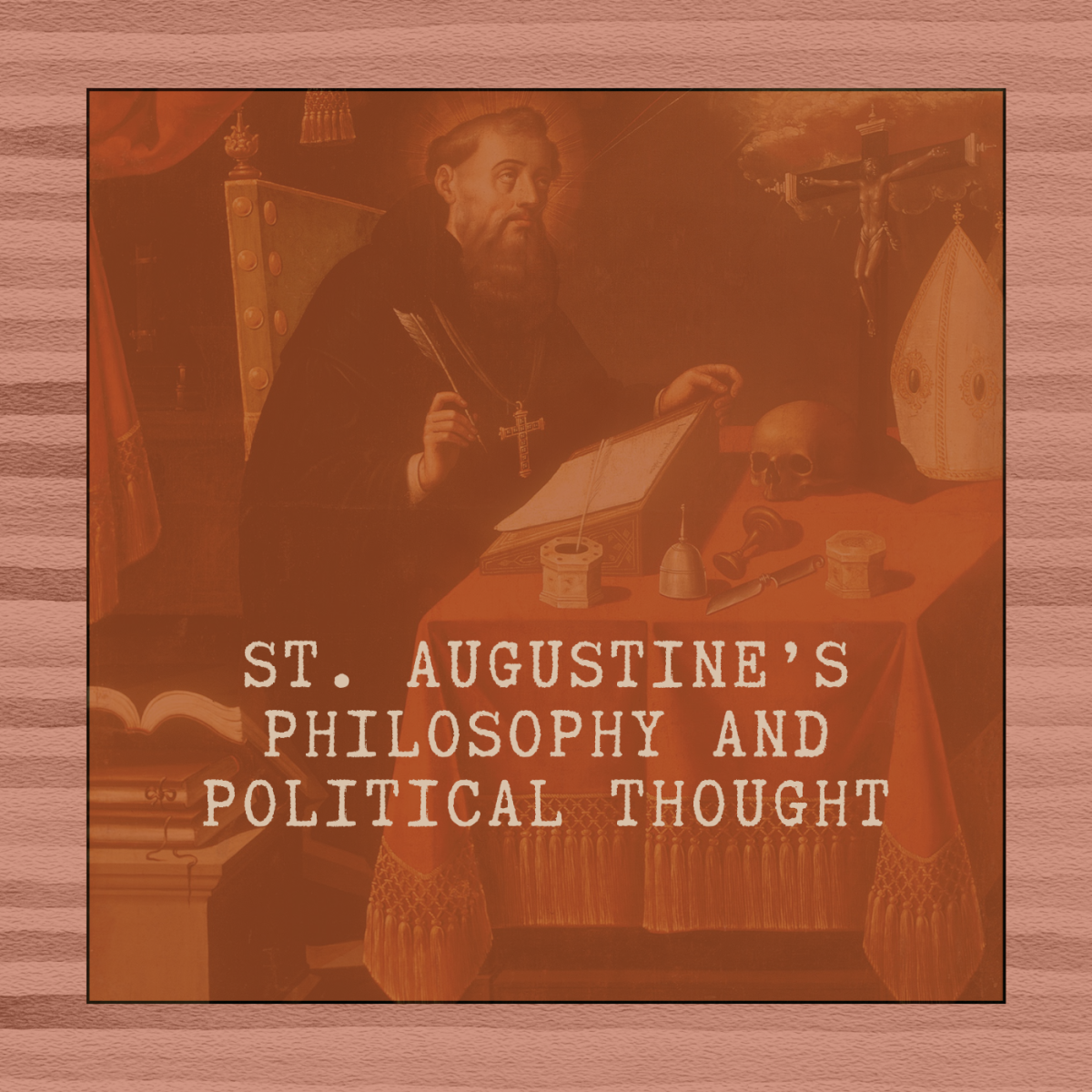The Analogy of Plato's Cave
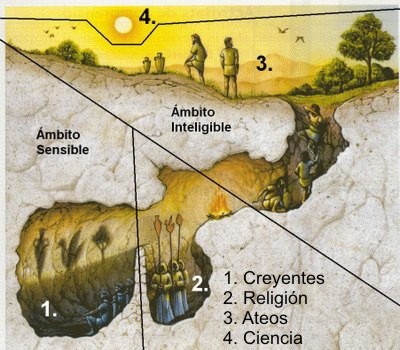
A pupil of Socrates, Plato (428-347 BC) was greatly saddened by his death when he was made to commit forced suicide by the Athenian authorities. They said he was ‘corrupting the youth of the city’, because he was teaching to question the elders. After Socrates’ death, Plato set up a university in Athens.
Plato wrote a political book on philosophy called the ‘The Republic’ in which he refers to a cave to show the importance of knowledge. He starts off by saying, “I want you to go onto the picture of the enlightenment or ignorance of our human condition somewhat as follows.” He then goes on to describe how the cave I presented:
A cave that has prisoners chained to the floor, so all they can see is the wall opposite. Near to the front of the cave is a fire that provides pictures of animals on that wall. These shadows come from people holding up wooden animals behind a curtain wall.
One day one of the prisoners breaks free of his restraints. When he looks up he sees the wooden animal but won’t expect it as the truth because all he has ever known is the shadows on the wall. He then sees the fire, but it’s so bright too him that it hurts his eyes. For a while he stays at the bottom of the cave, but eventually he climbs out to the surface where he sees trees, people and the sun. The escaped prisoner now is beginning to learn what is reality and what was false. As he learns, he is later forced to go back to the cave and teach the other prisoners of the new knowledge that he has acquired.
In this analogy, Plato is using metaphors to represent things. What the cave is representing is ignorance. The prisoners are ignorant of knowledge because all they’ve ever seen was a false reality, but the escaped prisoner is the one who was ignorant once, but becomes philosophically enlightened.
When new information came his way, he did not believe it because it would mean that all he ever knew was wrong. Finally when he got out of the cave, he began to accept the true reality with the help of a philosopher who explained it all to him. Once the escaped prisoner had learnt this, the he now represents the need for knowledge and how it is better to be learned than kept in the dark. Plato says that the escaped prisoner has to go back to the cave because it is his duty to teach the others who are still ignorant.
The fire in the cave represented the sun for the prisoners; it was there only source of light and it was what brought their world to life by creating shadows on the wall, just as the sun in reality keeps our world alive with the trees and the heat we need to survive. Just like the Greeks believed in the Demiurge as the creator of the universe, the prisoners would have felt he was the creator of their finite universe.
I agree with most of what Plato is saying, such as knowledge being important, and the need to understand the difference between what is true and what false. I also agree that you need to make the leap yourself. Like in the cave, the prisoner escaped by himself to find knowledge; no one came to loosen his restraints and help him make that leap. After that leap is made, then you should be taught so you are no longer ignorant, just like the prisoner was taught. However after that point I start to disagree with Plato. When the escaped prisoner is forced to go back to the other prisoners, I think it is okay for him to tell the others to free themselves, but after that I do not believe that the escaped prisoner should teach the other prisoners like Plato suggests. This is because although the escaped prisoner has been taught many things, he is still less knowledgeable than the others on the surface. He should continue to be taught by someone while the prisoners get taught by someone else. The prisoners should have the choice to escape or not. It would be in their best interest to be give knowledge and lead away from their false life, but they shouldn’t be forced to do so, which is why I agree with Plato on having to make the leap to want to be free by themselves. They have to be motivated and put the effort in.
In this analogy, Plato describes the escaped prisoner as coming to all this information a once. When he gets out of the cave he is told all this information. I believe that the knowledge should be more gradual, for example coming out of a forest. At first you would have been in complete darkness, but as you get free, you can start to move. Instead of like the cave being a straight path out, a forest has many twists and turns, where you could end up going the wrong way or getting lost further. However you would finally begin to understand more and you will get nearer out of the brush, where it will get lighter and lighter until things become clearer to understand. Then eventually they will come out fully to the complete truth. This would be one step at a time instead of all at once, which I believe is better idea because otherwise it can be information overload, and in real life as it is representing, this is how you are more likely to learn. In stages, not one big jump.


